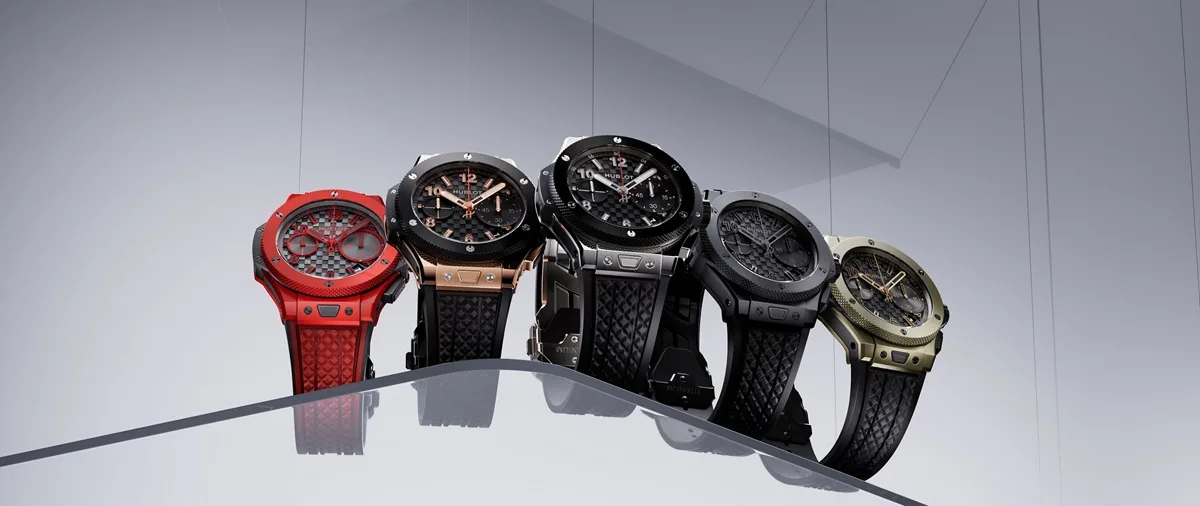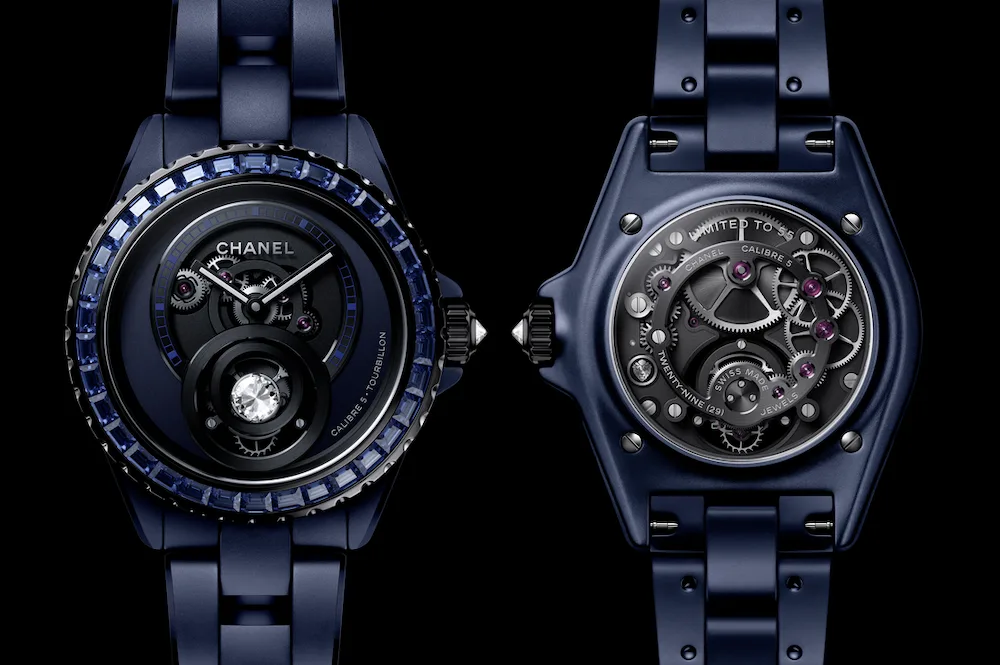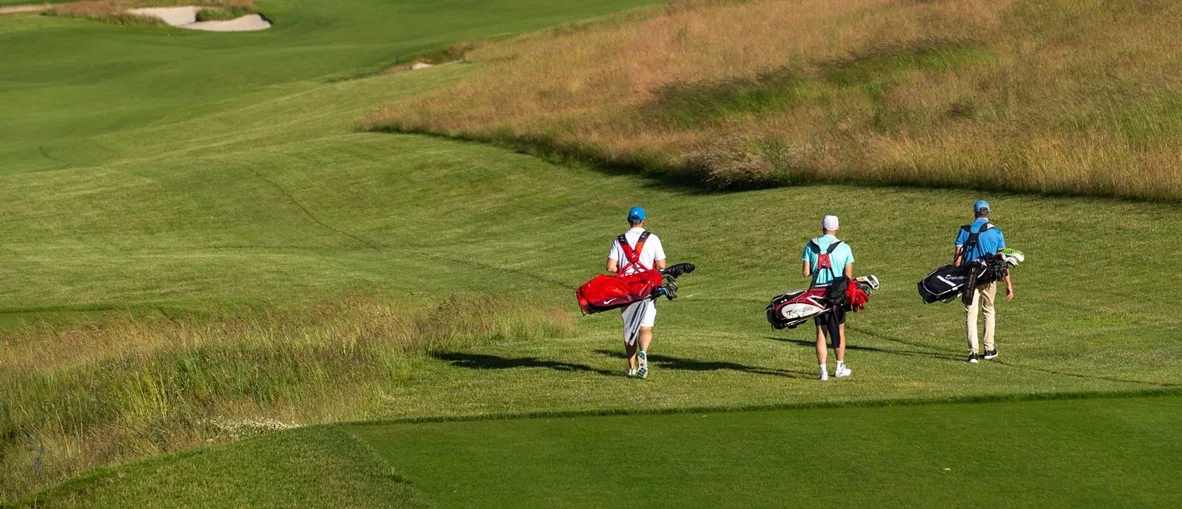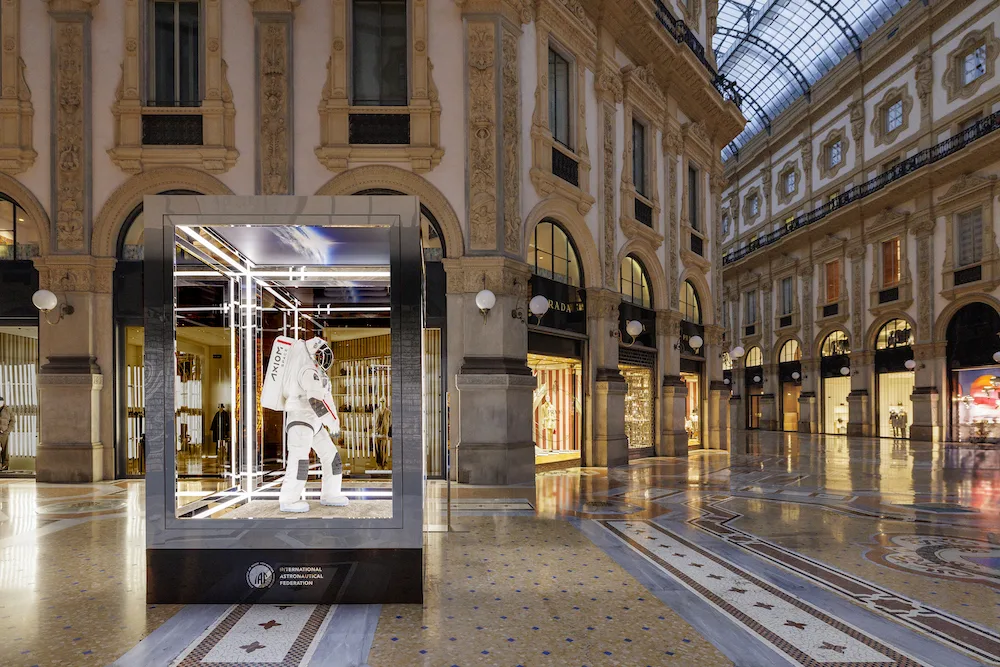I knew of Kiran Haslam as the Marketing Director at Princess Yachts. A common friend put us in touch when I told him that we were looking for the first interviewee for our new 33rpm with … feature, in which we ask a music connoisseur to tell us which is their favourite album of all time, and why. Our friend Paul, told me that Kiran loved music, that he had actually been in a couple of bands in his younger years and that he would be ideal for this interview.
We met over lunch, and I quickly realised that there was a lot more to Kiran Haslam than meets the eye. For starters, he is a very gifted guitarist, and those “couple of bands” he had played with turned out to be a few more than just a couple, and included some well-known artists, too. Love drove him away from the stage and into the corporate world, since he reckoned, with enviable common sense, that remaining in the music industry would not be conducive to a harmonious family life with little kids on the way. Besides being a self-taught musician, Kiran studied Marine Biology and Fisheries having been inspired by David Attenborough since childhood, but dropped it half way through, when he realised that he was more likely to end up counting fish populations for some governmental body than discovering new species in the abyss of the Pacific Ocean. So he moved on to pure science (physics and chemistry) followed by engineering at Deakin University, where he graduated as an Engineering Technologist in his hometown of Melbourne.
Kiran is an avid and eclectic reader so during our lunch, we spoke about everything, from Frank Zappa to Albert Einstein to Murukami; from reading music to reading about dark matter and dinosaurs and other ideas in quantum mechanics.
Q: So Kiran, what is your favourite album of all times?
A: Oh it is impossible for me to choose just one album Julia! Is it Apostrophe by Frank Zappa? Electric Ladyland by Jimi Hendrix? Live in Berlin by Ella Fitzgerald? Or is it something really ingenious and novel, and out of the box of contemporary music, something that not many people have heard like Dhafer Yusuf’s Electric Sufi? I don’t know how to answer the question by nailing it down to one favourite.
Q: Ok, let’s try something different. Why Apostrophe by Zappa?
A: Apostrophe by Zappa because I think that he was so not bound by expectation. He was willing to experiment to the point that the experimentation was pure genius. He is the equivalent of an Einstein in the world of music. He took what everybody knew and pushed it beyond the perception of what could be achieved at the time. Everybody said ‘this is the boundary, you can’t go beyond that’ and he said ‘you know what? %&*$ off! There is no boundary’ and he pushed beyond it. And the sheer musicianship! The people who circled him, believed in his music and executed what he wrote (some of it was too complex for him to play) were all great artists. We are talking about artists like George Juke, Steve Vai, and a young Terry Bozzio, who would all go on to become legends in their fields. And the list goes on. He often played with classical orchestras, particularly towards the end of his career.
Q: Do you think classically trained musicians really enjoyed Zappa’s music?
A: Yes, because it is a journey beyond, beyond, beyond. Almost like a journey to the outer reaches of space. And he is very methodical. So his genius was to combine his creativity with this logical, locked down methodical approach to produce music like nobody before or after him. So that’s why Apostrophe. The depth of a track like Cosmic Debris – wow.
Q: Fair enough. Why Electric Ladyland by Jimi Hendrix?
A: Jimi Hendrix was one of the world’s greatest poets. If you take the lyrics of some of his songs, such as Castles made of sand, The Winds Cries Mary, or Little Wing, take away the music, print out the words and stick them on the wall of a fancy café shop in Soho, it would stop people in their tracks. Not to mention, his alienesque guitar skills. The guitar was an extension of him and he re-wrote what the instrument’s role in a band actually was. He brought the guitar front and centre!
Q: So you think, had he lived long enough, he may have been Nobel Prize material, like Bob Dylan?
A: From a poetry perspective, absolutely. Like Zappa there was also an element of “no boundaries”. When he played, there was no separation between him and the instrument, they just became one; and you see that clearly in his recordings. You can feel it. So when you listen to his songs, you really wonder if what he is playing is even possible. Technically, of course it is possible, but only for someone that has heard it before. He had never heard it before. He took the instrument to the next level. And all the while with the most delicate and gentle underlining character. So definitely, Electric Ladyland by Jimi Hendrix has to be one of my favourites.
Q: So you may ask yourself, ‘what next? Who am I influenced by?
A: For me, it has to be the work of artists like Jaco Pastorius, who took the bass guitar, knocked the frets out to make a fretless bass sound that emulated an upright bass and went on to play the most complex be-bop jazz melodies anyone had ever heard. Everybody went, ‘wow, this guy is insanely cool.’ Miles Davis was the same. The extraordinary thing about Miles is that he used his inabilities as his ability.That was the remarkable thing. He stood next to John Coltrane in a quartet and he couldn’t keep up with Coltrane so he just held a single note for a really long time for emphasis, and again, everybody went ‘wow, this guy is insanely cool!’ So all of a sudden, that became his thing. His inability became his ability. It made him so powerful that he rewrote the jazz rulebook, too. He had the bravery to say jazz doesn’t have to be guys in black suits playing sax to trad tunes, it can be a wah-wah pedal, a trumpet and a drum kit. Everybody I have just mentioned was a disruptor. They are all in a set of the greatest disruptors in the sphere of music or celebrity. I love that. I love disruption in art, music, science… even in marketing within the corporate world!
That was the remarkable thing. He stood next to John Coltrane in a quartet and he couldn’t keep up with Coltrane so he just held a single note for a really long time for emphasis, and again, everybody went ‘wow, this guy is insanely cool!’ So all of a sudden, that became his thing. His inability became his ability. It made him so powerful that he rewrote the jazz rulebook, too. He had the bravery to say jazz doesn’t have to be guys in black suits playing sax to trad tunes, it can be a wah-wah pedal, a trumpet and a drum kit. Everybody I have just mentioned was a disruptor. They are all in a set of the greatest disruptors in the sphere of music or celebrity. I love that. I love disruption in art, music, science… even in marketing within the corporate world!
Q: Then, how does Ella Fitzgerald fit in?
A: Well, when Ella Fitzgerald started, she wasn’t allowed to sit in the same bus due to segregation, even if she was already a star. She wasn’t even allowed to go to the same toilets as non-blacks. Yet, people were paying to see her perform and buying her records? And when she was on stage, she dominated and overshadowed even the most virtuosic players. She would adlib and sing solos that dumbfounded all the be-bop cats of her time!
Q: Wouldn’t that make her the one disrupted, rather than the disruptor?
A: No, because if you think about it, she took her music and used it as a tool. She got to be so big in Europe that the American market had to recognise her. Plus, to be an African-American female vocalist, and become a leader in the jazz world? Wow.
If you listen to Ellie Fitzgerald Live in Berlin, she does a rendition of Mac the Knife and the whole thing is completely improvised. That strength, that conviction and raw talent, made her a disruptor – a disruptor by innovation. Before her, female vocalists did what the record company asked them to do. No one really ventured outside the framework of mainstream acceptance. In later years, artists such as Joni Mitchell did much the same, inspired by Ella. Today, you can listen to someone like Hiromi Uehara, a young Japanese pianist who does today what Miles Davies, Frank Zappa, Jimi Hendrix and Ella Fitzgerald did in their time.I introduced a great musician friend of mine to Hiromi, and suggested it was that point where “jazz meets Sony Playstation!” and it is true, Hiromi takes jazz well beyond where most artists would dare to take it. You asked me what my favourite album is, and that sends me into a spin because I could talk about Sadao Watanabe’s Maisha, Muddy Waters’ Live at Mr Kelly’s, Radiohead’s Ok Computer, Cream’s Wheels of Fire, Kate Bush’s The Dreaming, Led Zeppelin’s Song Remains the Same…. Fundamentally, I am musically schizophrenic, so it is impossible to answer!
I introduced a great musician friend of mine to Hiromi, and suggested it was that point where “jazz meets Sony Playstation!” and it is true, Hiromi takes jazz well beyond where most artists would dare to take it. You asked me what my favourite album is, and that sends me into a spin because I could talk about Sadao Watanabe’s Maisha, Muddy Waters’ Live at Mr Kelly’s, Radiohead’s Ok Computer, Cream’s Wheels of Fire, Kate Bush’s The Dreaming, Led Zeppelin’s Song Remains the Same…. Fundamentally, I am musically schizophrenic, so it is impossible to answer!
I introduced a great musician friend of mine to Hiromi, and suggested it was that point where “jazz meets Sony Playstation!” and it is true, Hiromi takes jazz well beyond where most artists would dare to take it. You asked me what my favourite album is, and that sends me into a spin because I could talk about Sadao Watanabe’s Maisha, Muddy Waters’ Live at Mr Kelly’s, Radiohead’s Ok Computer, Cream’s Wheels of Fire, Kate Bush’s The Dreaming, Led Zeppelin’s Song Remains the Same…. Fundamentally, I am musically schizophrenic, so it is impossible to answer!
Q: What do these albums really mean to you?
A: The one thing in common that all these albums have is that they can touch me very deeply, and even make me cry. It’s that interplay of tension and resolution, sadness and delight, and it seems as though I am rediscovering the wonder of that moment when it was first written or recorded.
I feel alive again and everything else that could be problematic in my world quickly disappears. I am connected like a strange Hindu god at the centre of the universe pulling on levers of delight. It is an absolute connection. There’s a Jill Scott album that does a remarkable thing to me, particularly on one song called Bedda at home.
Right at the end of the album they have an acoustic out-take of the track. It doesn’t matter where I am – a car, a plane, in the office – at the end of the song Jill gives it everything she’s got and the hair on my arms stand on end. Every single time. This is the power of music. This is the power these great artists have.
Q: Do you think you feel so strongly after these artists and these albums because you are a musician yourself? Do you think they’ll reach you so deeply otherwise?
A: I wish I could say they still would, regardless. The truth is that I don’t know. I have spent so much time in my life devoted to music. Nostalgically, romantically, I still consider myself a musician, although I stopped playing full-time in 2005, the year that I got married. Since then until now, I still consider myself a musician. I just have a day job – and my band just happens to build luxury yachts!
Interestingly, in everything I do professionally I find I can draw upon what I learned as a touring musician. For example, at Princess Yachts I am part of a team transforming a company that has been the way it has been for 50 years. How do you win people over? How do you empower people to drive change on their own? How do you align them so they all look in the same direction? That is exactly what I did on stage when I was a musician.
You’ve got five people, all different, all with egos, all wanting to run sonically in different directions, all with different disciplines, different abilities, how do you inspire them to all work together on stage to deliver the ultimate exploration of a great composition or improvisation? I am a strong believer that the “arts” has to be pulled into a corporate environment and be encouraged, but that is not a typical transition for many people.
I’m a Governor on the Board for the Plymouth College of Art, and all too often I get the sense that parents hope that their child will one day ‘come to their senses and get a banking and finance qualification’ instead of studying the arts. It really irritates me, and I like to use my own career as proof that the ingenuity that large corporations seek can come directly from bringing young artists into their businesses – without an MBA!
Today, in the corporate world your typical HR Director comes to your office and puts a sheet in front of you and says, ‘Oh Kiran, here’s an interesting candidate for you, you might want to hire them.’ And you have a look at a predictable CV for someone who spent 12 mundane years in a luxury company, never rocking the boat, shifting from one obvious position to the next. I’m not keen on hiring people like that.
I rather hire creative, radical, challenging people, with a spark. Even if they can be difficult to manage in a team. Even if they are difficult to hire in the first place because you don’t actually have any structured role suitable for them – you just know you want them in your team. It’s instinctive. And they end up revolutionizing your world and your business.
Q: What would happen if you couldn’t hear music? If you were deaf?
A: It would be catastrophic. For instance sometimes I have nightmares about hurting my hands and not being able to play guitar again. I have hard calluses on my fingertips but very soft hands! [laughs]. I sing and I play music all the time, I even have a guitar hanging on my wall in my office – for those tense moments during my day! If I couldn’t play, or worse still, if I couldn’t listen to music anymore I would surely spiral into depression. It would radically change who I am as a person. But I would probably hang on to my eccentricity!

















Show Comments +